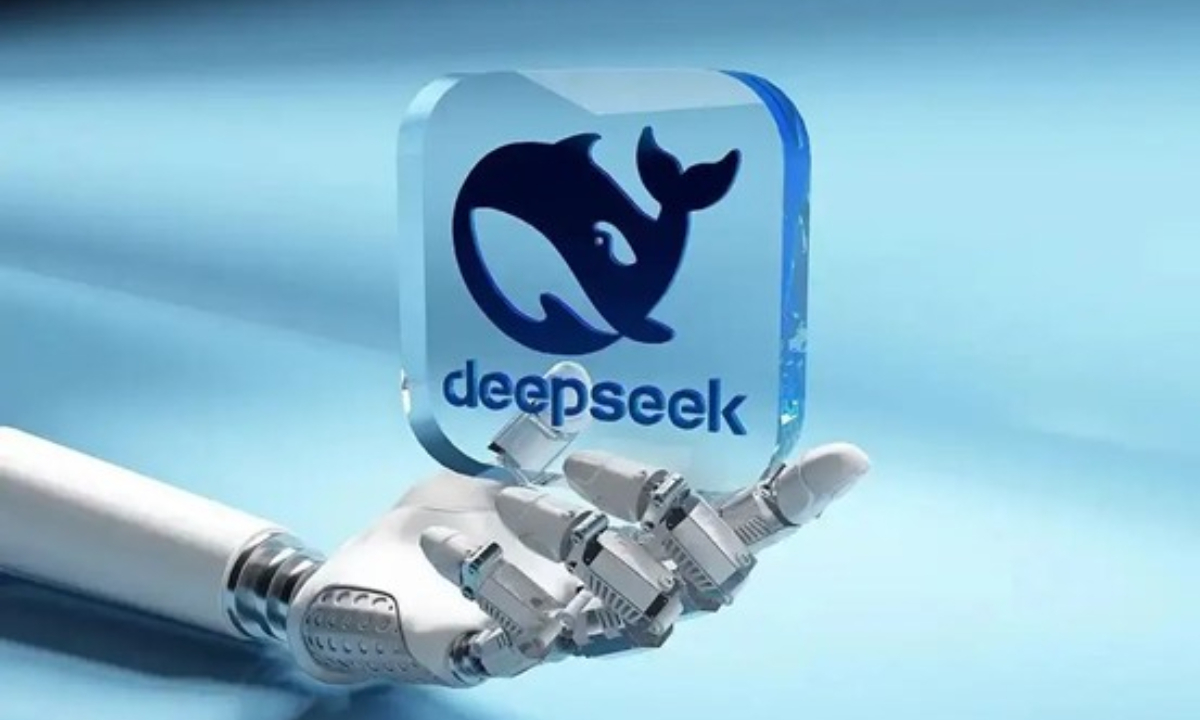H-1B Fee Hike's Impact on India's IT Outsourcing

The recent decision by the Trump administration to significantly raise H-1B visa fees to $100,000 has sent shockwaves through the Indian IT outsourcing sector, which has flourished under favorable immigration policies that allowed the recruitment of skilled professionals from abroad. This increase poses not only an operational challenge for major players like Infosys and Tata Consultancy Services (TCS) but also raises critical questions about their long-term sustainability in a market that relies heavily on access to top-tier talent.
Historically, the H-1B visa program has been instrumental in providing U.S. companies the flexibility to tap into a vast pool of skilled labor from India. With the rise in fees, these IT firms will face escalating operational costs that threaten to erode EBITDA margins, particularly as consumer protection sentiments drive American clients to reconsider outsourcing models. According to Citi Research, this policy could hinder the ability of Indian companies to pass these costs onto clients, thereby decimating profitability in an already competitive sector. Already, market responses are indicative of turmoil as stock prices for firms like Infosys have begun to slide, indicating a lack of investor confidence in the face of new costs.
Moreover, the implications extend far beyond the balance sheets of Indian tech companies. Even giants like Nvidia and OpenAI may feel indirect repercussions, as a potential slowdown in innovation occurs due to limited access to a skilled workforce. Could it be that, in striving for protectionist policies, the U.S. government inadvertently hampers its own technological advancement? The scarcity of qualified professionals could exacerbate labor shortages, impacting the ability of tech firms to meet burgeoning demand. Economists, including Toshi Jain from JPMorgan, argue that this reduction in H-1B visas may also curtail remittances back to India, which constitute a vital inflow to the domestic economy. At the same time, the fallout could discourage Indian students from pursuing studies in the U.S., jeopardizing the intellectual exchange that has fueled innovation in both nations.
In recognizing these challenges, Indian companies must pivot and rethink their strategies. This may involve increasing local recruitment, leveraging partnerships, and investing in technology development within India to establish global competency. The agility to adapt to regulatory changes is a hallmark of success in today’s dynamic business environment. Therefore, while the hike in H-1B visa fees marks a critical juncture for Indian IT firms, it also presents an opportunity to cultivate homegrown talent, thereby enhancing the country's own economic ecosystem. This could result in a robust startup framework that lessens the dependence on foreign immigration, fostering a self-sustaining model for human capital development.
In conclusion, the escalation of H-1B visa fees not only challenges organizations like Infosys and TCS but raises broader questions about the future of the U.S.-India technological collaboration. Is it feasible to balance domestic workforce needs with the global market demands for talent? As we contemplate this dilemma, stakeholders from investors to policymakers must keep a pulse on evolving international dynamics. The outcome of these shifts will undoubtedly influence the global technology landscape and define the next chapter for both Indian IT firms and their American counterparts.
Read These Next

Jinli Permanent Magnet Delivers Robot Motor Rotors and Magnetic Products
Jinli Permanent Magnet has achieved small-scale delivery of motor rotors and magnetic materials for embodied robotics, enhancing competitiveness.

Credit Ratings Send Mixed Signals for Investment Strategies
The article discusses the recent credit ratings update for a company by major agencies, highlighting concerns and the implications for investors and stakeholders.

Alibaba and DeepSeek Unveil New AI Models to Boost Adoption
Alibaba and DeepSeek have launched upgraded AI models to enhance adoption across industries and democratize access to technology.
